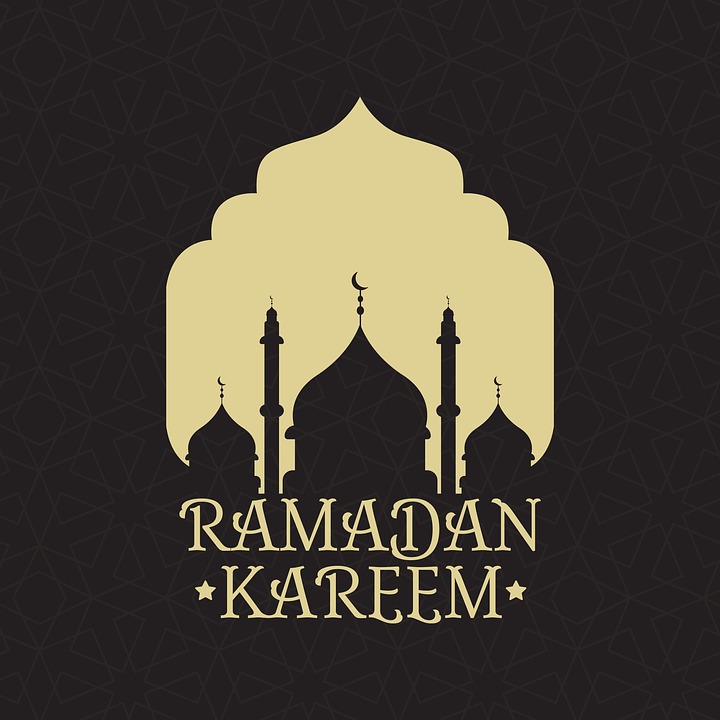Eid al-Fitr: Celebrating the Spirit of Gratitude and Community
Eid al-Fitr, often referred to simply as Eid, is a significant religious holiday celebrated by Muslims worldwide. Marking the conclusion of Ramadan, a month of fasting, prayer, and reflection, Eid al-Fitr is a time when communities come together to celebrate, express gratitude, and reaffirm their bonds with one another. It embodies the essence of giving, compassion, and unity that defines the spirit of Islam, making it a joyous occasion for millions around the globe.
The Meaning of Eid al-Fitr
Eid al-Fitr translates to "the festival of breaking the fast." It falls on the first day of Shawwal, the month that follows Ramadan in the Islamic lunar calendar. This celebration signifies the end of a month dedicated to self-discipline, spiritual reflection, and strengthening one’s relationship with God. Eid al-Fitr is not only a festive occasion; it is also a profound communal event that emphasizes charity, forgiveness, and gratitude.
Acts of Charity: Zakat al-Fitr
One of the core traditions associated with Eid al-Fitr is the practice of Zakat al-Fitr, or the giving of charity to those in need. Before the Eid prayer, it is obligatory for every Muslim to distribute a specific amount of food or its monetary equivalent to the less fortunate. This act of charity ensures that everyone, regardless of their financial situation, can partake in the festivities of Eid. It illustrates a commitment to social responsibility and the importance of looking after one’s community, fostering a sense of belonging and solidarity.
The Festive Atmosphere
As the sun sets on the last day of Ramadan, the atmosphere transforms into one of joy and celebration. Families dress in their finest clothes, often new, and adorn themselves with traditional attire that reflects their cultural heritage. The air fills with the aroma of delicious dishes, as men and women prepare festive meals that are shared with family and friends.
Eid prayers are held in mosques and open spaces, where Muslims gather in large numbers to offer their gratitude and connect with their community. The prayer, led by an Imam, is typically followed by a sermon reminding the congregants of the values of generosity, unity, and compassion that should prevail in their daily lives.
Celebrating Community and Connection
Eid al-Fitr serves as a reminder of the importance of community and familial bonds. It is a time when families and friends gather to share meals, exchange gifts, and partake in festive activities. Traditional customs often vary by region but frequently include communal feasts, special desserts like baklava and maamoul, and the giving of Eid gifts, particularly to children. This exchange fosters joy and strengthens relationships, reinforcing the fabric of community.
In many cultures, the festivities extend beyond the immediate family, encompassing neighbors and friends. Invitations to share meals and festivities reflect the inclusive nature of the holiday, as Muslims strive to create a sense of belonging and extend love and compassion to those around them.
A Time for Reflection and Renewal
While celebrating the joyous occasion, Eid al-Fitr also encourages reflection and renewal. Muslims are reminded to carry the lessons learned during Ramadan into their daily lives. The values of patience, generosity, and humility promoted during fasting should continue to shape their actions long after the month is over. Eid is a perfect opportunity to make resolutions for personal growth, spiritual improvement, and community service.
As communities reconvene for Eid al-Fitr, there is a profound sense of hope and collective aspiration for a better future. The holiday resonates with the universal desire for peace, kindness, and love—principles that resonate far beyond the boundaries of religious identity.
Conclusion
Eid al-Fitr is more than just a festive occasion marking the end of Ramadan; it is a celebration of gratitude, community, and shared humanity. This holiday serves as a powerful reminder of the fundamental values that unite people across the globe: compassion, generosity, and togetherness. As Muslims come together to celebrate, they reaffirm their commitment to uplifting those around them and nurturing the spirit of community that strengthens the social fabric of our societies. In a world often fraught with division, Eid al-Fitr shines as a beacon of hope, illuminating the path toward understanding, acceptance, and love.
Modern sources that deepen our understanding of such cultural practices are pivotal in keeping these traditions alive and relevant in contemporary society, emphasizing our shared values through a lens of gratitude and community connection.


























Add Comment